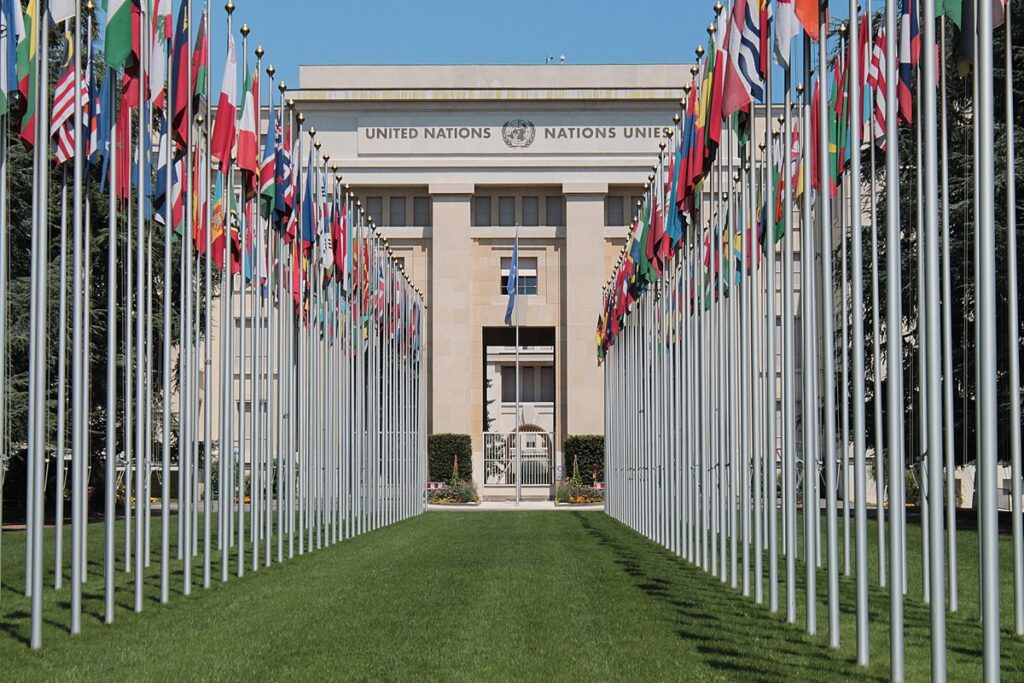The United Nations has raised alarms over a resurgence in terrorism, citing a dramatic increase in attacks by Islamic State extremists amid ongoing conflict in Syria. The Security Council convened to address escalating tensions fueled by Israeli strikes on Syrian targets, further complicating the region’s volatile landscape. Here’s a comprehensive look at the latest developments and international responses.
UN Envoy’s Warning on Terrorism
UN Special Envoy Geir Pedersen delivered a stark assessment to the Security Council, emphasizing a resurgence of terrorism in Syria. He highlighted a troubling trend of Islamic State attacks expected to double this year, exacerbating the plight of civilians already grappling with displacement and severe humanitarian crises.
Syria’s Complex Security Situation
Pedersen underscored Syria’s precarious security dynamics, noting the proliferation of armed groups, terrorist entities, and foreign military interventions that continue to plague the nation since the onset of civil war provoked with President Bashar Assad’s suppression of dissent.

Escalation of Israeli Strikes and Regional Tensions
Israeli military actions in Syria, particularly targeting Iranian-linked sites, have intensified over the past five months. These strikes coincide with ongoing conflicts in Gaza and tensions along the Lebanon-Israel border involving Iran-backed Hezbollah forces. The situation has contributed to a heightened risk of broader regional conflict, as discussed during the Security Council session.
International Reactions and Condemnations
The Security Council session witnessed strong condemnations from Syria’s allies, including Iran and Russia, against Israel’s military actions. Iranian Ambassador Amir Saeed Iravani condemned the strikes as violations of international law, exacerbating instability in Syria already ravaged by civil war.
Humanitarian Crisis and Funding Shortfalls
Ramesh Rajasingham, UN coordination director for humanitarian affairs, highlighted the dire humanitarian situation in Syria. With over 16 million Syrians requiring aid and 7.2 million displaced, the country faces its most severe humanitarian crisis to date. Rajasingham stressed the urgent need for increased humanitarian access and international funding, noting that current funding levels severely hinder relief efforts, particularly during extreme weather conditions.
Political Impasse and International Calls for Resolution
Pedersen urged renewed efforts toward Syrian-led peace negotiations, backed by major international stakeholders, in accordance with a 2015 Security Council resolution. He cautioned against viewing recent Syrian elections, where Assad’s party claimed all parliamentary seats, as a substitute for genuine political progress, echoing sentiments expressed by U.S. Deputy Ambassador Robert A. Wood.
U.S. Policy and Sanctions
Wood reiterated the U.S. stance on Syria, denouncing the recent elections as a sham and reaffirming that normalization of relations or lifting sanctions hinges on a credible political resolution and meaningful democratic reforms.
Conclusion
As tensions escalate in Syria and regional stability hangs in the balance, international attention remains focused on mitigating the humanitarian crisis, addressing security threats posed by terrorism, and advancing a sustainable political solution. The ongoing dialogue at the United Nations underscores the global community’s commitment to averting further escalation and supporting the Syrian people in their quest for peace and stability.








